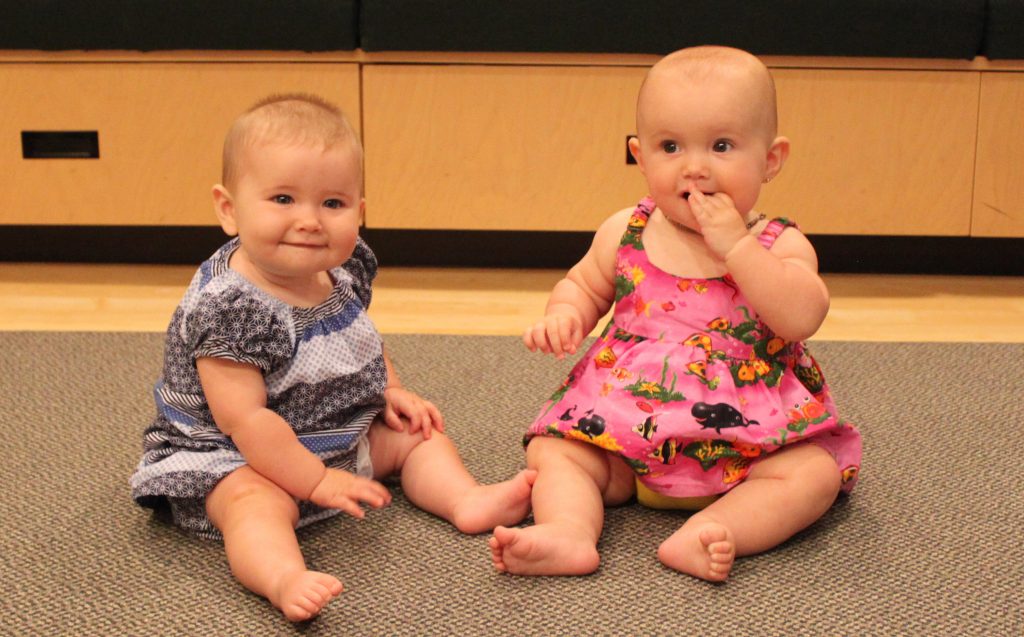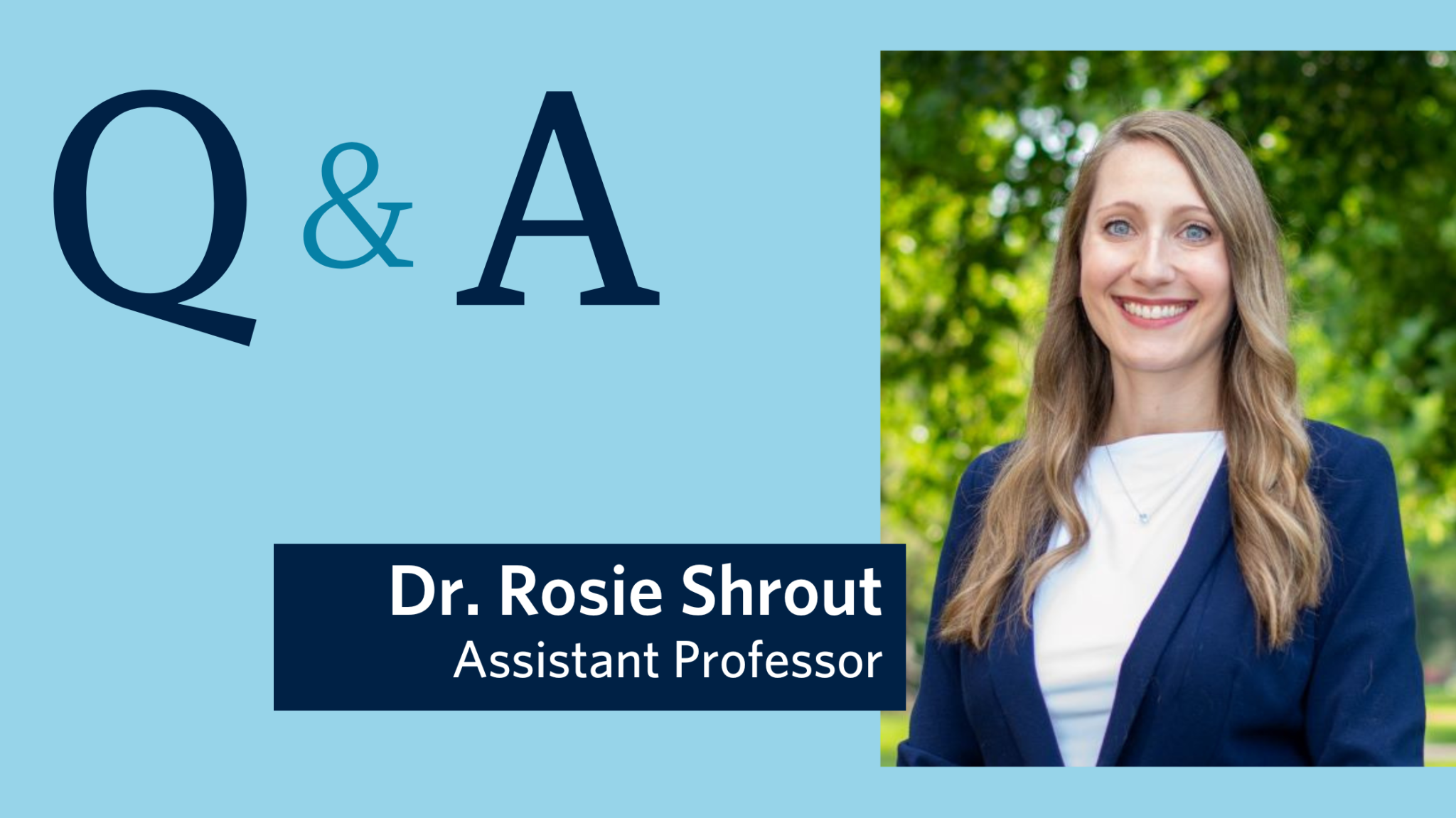

Babies as young as six months understand social dominance. Photo: Infant Studies Centre
A new study out of UBC Psychology finds that infants as young as six months figure out that a person with more friends will be more dominant than someone with fewer companions.
In this Q&A, Anthea Pun, the study’s lead author and a graduate student, discusses her research and explores how social dominance asserts itself – even among the very young.
What’s the relationship between babies and social dominance?
Babies are able to reason about complex social and moral concepts within the first few months of life. Since babies this young haven’t had much social experience, infant research helps us understand the kinds of human competencies and abilities that may have a longer evolutionary history, and thus were likely important for survival.
By six months of age, babies already expect that an individual with more friends should prevail over an individual with fewer friends. This suggests that babies understand the importance of having more people to “back you up” in a competition. This is important for babies to understand because they are very vulnerable and rely on the protection of others. They must quickly learn whom to trust, and who will support them in times of need.
What does your research involve?


Anthea Pun
Past work has shown that babies as young as 10 months think that physically bigger individuals should get their way in a competition against smaller individuals. But younger babies – eight to nine months old – don’t necessarily think so. We wondered whether younger babies just aren’t old enough to understand such complex social relationships, or if there are other social cues they are more aware of, such as group size.
Like many social species that rely on group members to help them out in times of need, we wondered whether young babies might also begin to understand that having more friends can bring a competitive advantage. Our lab is currently exploring whether infants prefer to be part of larger groups, and whether they may punish group members who do not come to the aid of friends in need.
What did the results show?
That babies expect characters from larger groups to get their way, and thus are more dominant compared to individuals from smaller groups.
In many social species, being part of a group provides many benefits, such as access to desirable resources and protection from opposing groups. Therefore, even if you are the smallest person in the group, you benefit from teaming up with others in your camp – giving you strength in numbers. This ability to detect when a group is larger (or smaller) than one’s own group has emerged in a variety of social species, and may reflect an ancient capacity to represent dominance relationships that babies are pre-prepared to learn.
The paper “Infants Use Relative Numerical Group Size to Infer Social Dominance” is published in PNAS Early Edition. , The study took place at UBC’s Living Laboratory in Science World in Vancouver. The study’s co-authors include Drs. Susan Birch and Andrew Baron of UBC’s Department of Psychology.
This Q and A also appeared on UBC News.
In this video on Global News, Anthea discusses her latest research:


